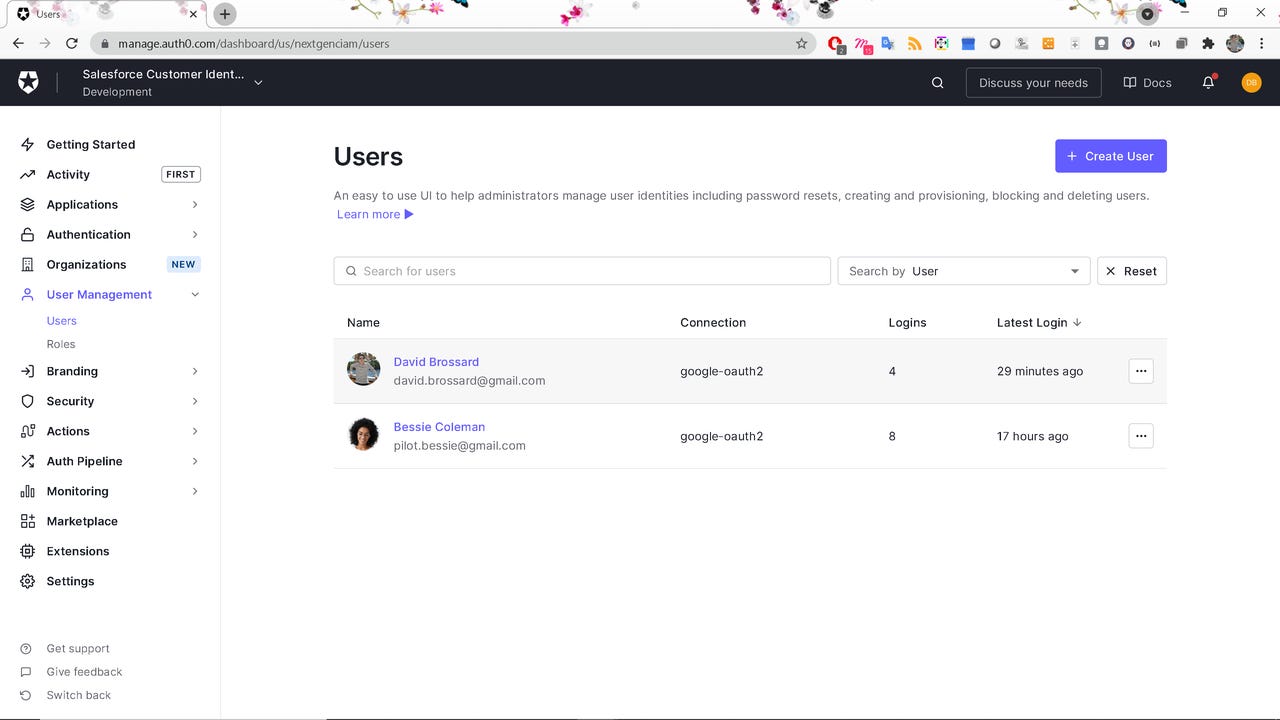Salesforce announces more tools for low-code development

Salesforce on Wednesday laid out the roadmap for a series of tools it's adding to its platform over the next year for low-code development. As digital capabilities become integral for businesses, low-code tools can help organizations step up application development without spending significantly more on IT.
The new Salesforce tools help users build apps, add critical elements like identity, track and manage changes more easily and automate data compliance, among other things.
First, Salesforce is updating App Builder with Dynamic Interactions, which helps users add web components to their apps that communicate, exchange data, and react to user actions. Users can repeatedly add components to any app without code. Dynamic Interactions should be generally available in Winter 2022.

Customer Identity Plus
With the new Customer Identity Plus, developers can easily integrate an identity layer across their existing apps. Once an organization has an identity layer across their digital touchpoints -- such as mobile apps and web portals -- their customers won't have to create new logins for each. This new tool should help organizations with many monthly active users consolidate and manage customer identities. Customer Identity Plus is expected to be generally available in Summer 2021.
Another new feature is CLI Unification -- a single command line interface for building anything on Salesforce. It allows for cross-cloud commands to manage platform resources as well as Heroku, Mulesoft, Tableau and more. CLI Unification is expected to be generally available in Winter 2022.
DevOps Center
Salesforce will introduce the DevOps Centre to help launch apps and experiences faster; Salesforce will introduce the DevOps Center -- a centralized location for tracking and managing changes within Salesforce. Specifically, teams will have a place to identify work items, integrate them with source control systems and migrate changes across testing sandboxes -- all without custom code. DevOps Center is currently in pilot and should be generally available in Spring 2022.
To automate data compliance, Salesforce will introduce Einstein Data Detect. This feature uses AI and machine learning to discover and protect sensitive user data, like Social Security or credit card numbers. It's expected to be generally available in Summer 2021.